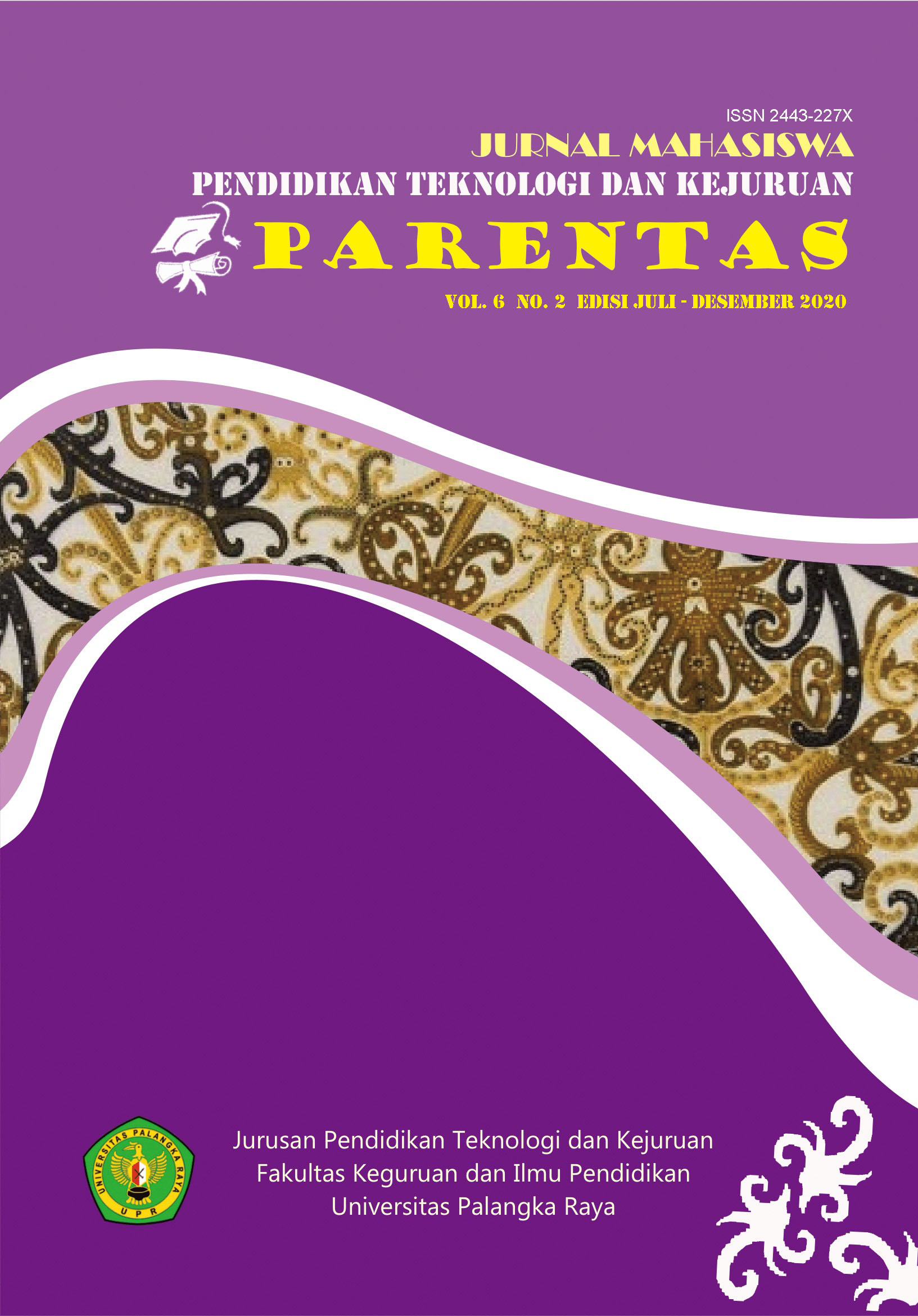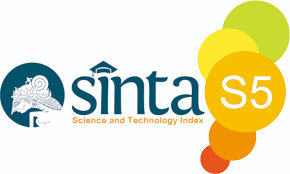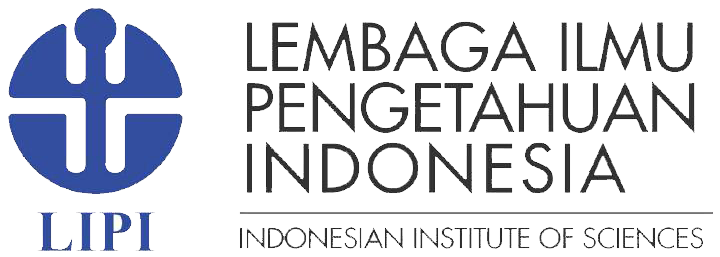THE EFFECT OF COOPERATIVE LEARNING MODELS OF ASISSTED INDIVIDUALIZATION (TAI) TYPE ON STUDENT LEARNING RESULTS FOR GASOLINE FUEL SYSTEM IN CLASS XI OF LIGHT AUTOMOTIVE VEHICLE ENGINEERING 1 (T KRO 1) SMK NEGERI 1 AT ACADEMIC YEAR 2018/2019
DOI:
https://doi.org/10.37304/parentas.v6i2.2618Keywords:
Students Learning Results, Team Assisted Individualization (TAI)-Cooperative Learning Model, Subject of Gasoline Fuel System, Experimental ResultsAbstract
The purpose of this study is to determine the usage effect of Team Assisted Individualization (TAI) as Cooperative Learning Model to Student Learning Outcomes in subject of Gasoline Fuel System in Class XI Light Automotive Vehicle Engineering 1 (TKRO 1) SMK Negeri 1 Palangka Raya at Academic Year 2018/2019. Our research attempts to find how the proposed learning model can improve the students’ learning outcomes in the fuel system material after applied through its technical procedure. In previous, most students indicated the partly below for the Minimum Completion Criteria (MCC). Indeed other issue in learning process is that teacher becomes active while many students tend to be passive thus generally speaking most leaning process is being ineffective . Furthermore, the research method applies True Experimental Design with the Form of Post-test for the Control Design. Random sampling technique implements the first sample namely class XI TKRO 1 with a total of 32 students. They are who taught by Team Assisted Individualization (TAI) Type of Cooperative Learning Model. The second sample is class XI TKRO 2 with 27 people taught by conventional models. The instruments of test use the multiple choice test which is numbered about 40 questions before the test questions to give the validity, reliability, differentiation, and level of difficulty of the questions. Based on the results of research and data analysis, it was concluded that the results of the normality test of student learning outcomes in the experimental class and control class were normally distributed and homogeneous. Technically, the hypothesis test applied the ttest then obtained tcount 3.09> ttable 2.003. This means that H0 is rejected and H1 is accepted, in which indicates that there is an influence of student learning outcomes taught by using the Team Assisted Individualization (TAI) as Cooperative Learning Model to Student Learning Outcomes.
Downloads
Downloads
Published
Issue
Section
License
Copyright (c) 2020 PARENTAS: Jurnal Mahasiswa Pendidikan Teknologi dan Kejuruan

This work is licensed under a Creative Commons Attribution-NonCommercial 4.0 International License.


















